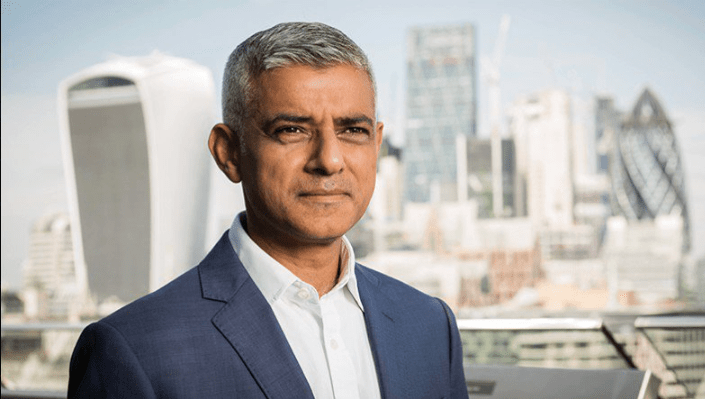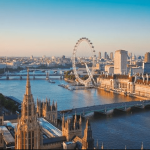Mayor backs findings from London Drugs Commission, pushing for shift in approach to cannabis laws
Mayor of London Sadiq Khan has thrown his support behind proposals to decriminalise possession of small amounts of natural cannabis, stating that the current laws are outdated and “cannot be justified”.
The call follows the release of a major report by the London Drugs Commission (LDC), which was launched by Khan in 2022 and chaired by former Lord Chancellor, Lord Charlie Falconer.
The findings present a strong case for reform, suggesting the current legal stance on cannabis is excessive when weighed against its actual harm.
The LDC report, published on Wednesday, argues that cannabis policing has had a disproportionately negative impact on certain ethnic communities. It warns that this continued approach undermines trust in law enforcement and creates deep divisions within society.
Though it stopped short of full decriminalisation, the Commission recommended that natural cannabis be reclassified under the Psychoactive Substances Act. This shift would effectively decriminalise possession for personal use while keeping production and distribution illegal.
Lord Falconer stressed caution, stating: “Legalisation is not the answer. The criminal justice system response needs to focus only on the dealers and not the users.
Those who suffer from the adverse effects of cannabis, which may be a small percentage of users, but it is a high number of people, need reliable, consistent medical and other support. And there needs to be much more education on the risks of cannabis use.”
The Commission also highlighted the need for expanded addiction treatment services and more comprehensive education for young people about the dangers of cannabis.
Reacting to the findings, Sir Sadiq Khan said: “I’ve long been clear that we need fresh thinking on how to reduce the substantial harms associated with drug-related crime in our communities. The London Drugs Commission report makes a compelling, evidence-based case for the decriminalisation of possession of small quantities of natural cannabis, which the Government should consider.
It says that the current sentencing for those caught in possession of natural cannabis cannot be justified given its relative harm and people’s experience of the justice system. We must recognise that better education, improved healthcare and more effective, equitable policing of cannabis use are long overdue.”
Janet Hills, deputy chairwoman of the LDC and a former Metropolitan Police detective, echoed the sentiment. She described the report as “a driver for change in our community” and called for “a more balanced and compassionate approach to policing in our city”.
Despite growing support for reform, the Government remains unmoved. A Home Office spokesperson said: “We will continue to work with partners across health, policing and wider public services to drive down drug use, ensure more people receive timely treatment and support, and make our streets and communities safer.
The government has no intention of reclassifying cannabis from a Class B substance under the Misuse of Drugs Act.”
Shadow Home Secretary Chris Philp issued a blistering response to Khan’s endorsement of the report, warning against following in the footsteps of North American cities: “Possession of cannabis should not be decriminalised like this. We have seen some US and Canadian cities devastated by soft policies on addictive and harmful drugs; now Sadiq Khan wants to send London the same way.
Cannabis is illegal for a reason. Cannabis is associated with anti-social behaviour, and heavy use can lead to serious psychosis and severe mental health problems.
US and Canadian cities which tried this approach have ended up as crime-ridden ghettos with stupefied addicts on the streets and law-abiding citizens frightened to go there. Sadiq Khan is more interested in politically correct posturing for the benefit of his left-wing friends than he is making London a safe and nice place.
I completely oppose these plans. But with a weak Labour Government in power, there’s no telling how they will react. We must stop soft Sadiq.”
As the debate intensifies, the UK Government appears unwilling to bend on its long-held stance, while campaigners and local leaders press for a more pragmatic, health-focused approach to drug policy.
Whether Khan’s push for reform will gather political traction remains to be seen, but one thing is clear: the conversation on cannabis law in the UK is far from over.






